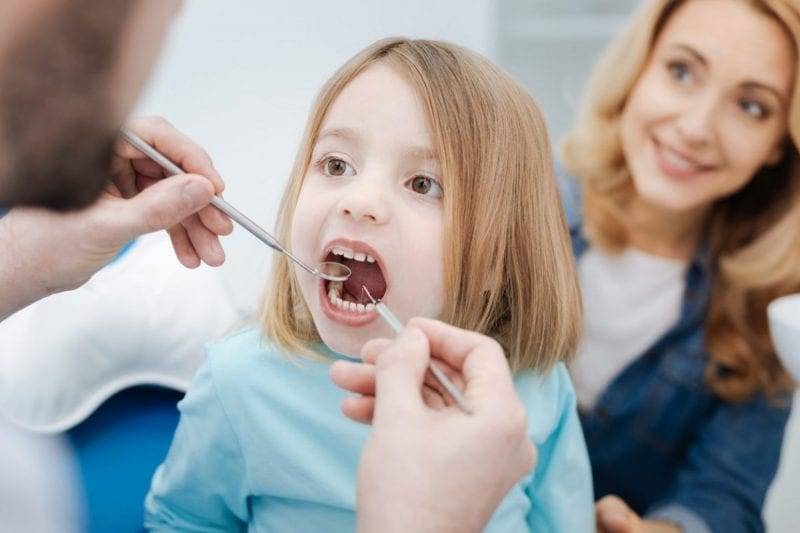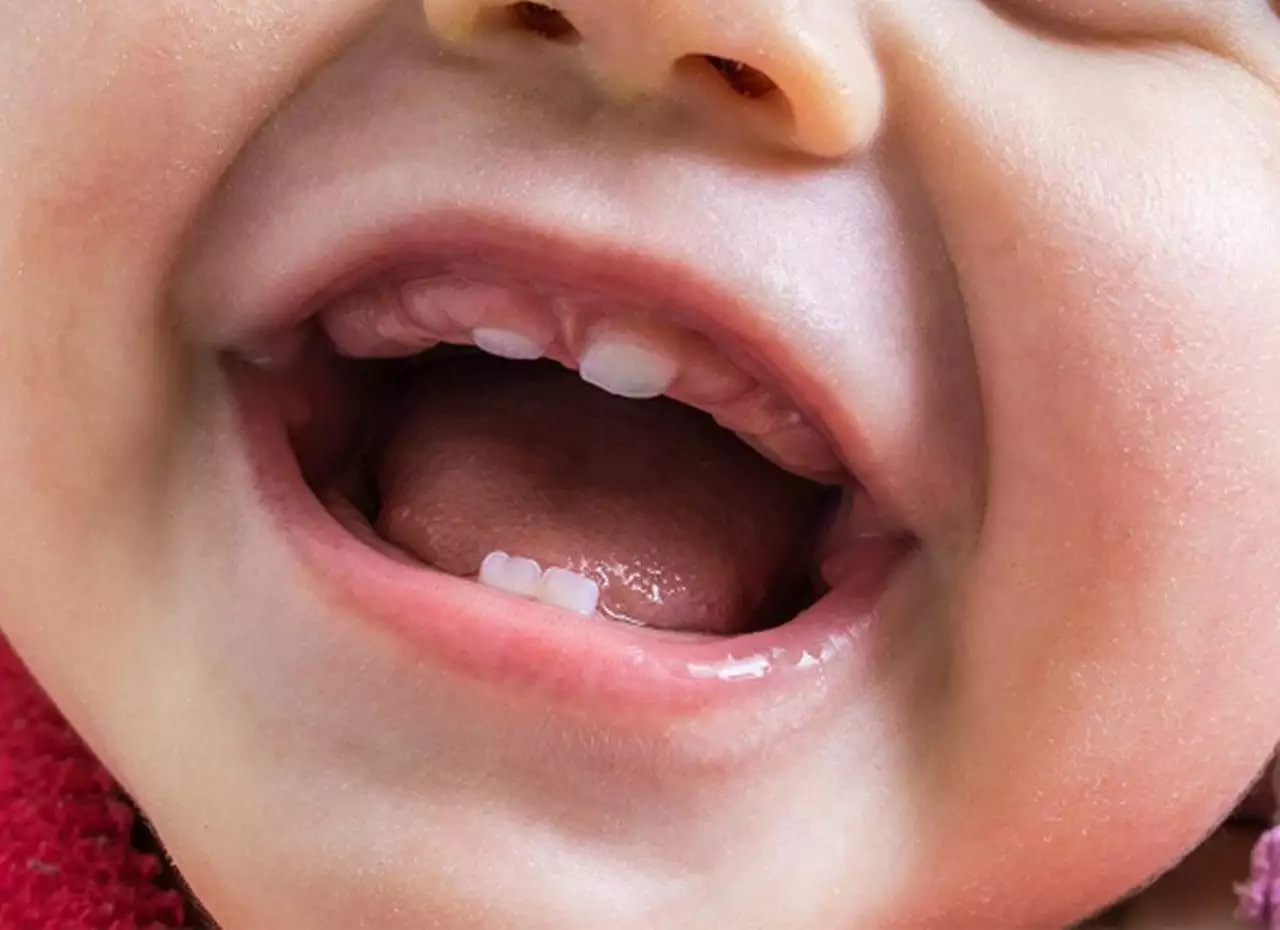 It’s common for babies and children to suck on their thumbs, fingers, or a pacifier. However, as natural as this reflex may be for babies and children, it can cause damage to their teeth and mouths if it is carried on for too long. Continue reading to learn the effects thumb or pacifier sucking has on children’s teeth!
It’s common for babies and children to suck on their thumbs, fingers, or a pacifier. However, as natural as this reflex may be for babies and children, it can cause damage to their teeth and mouths if it is carried on for too long. Continue reading to learn the effects thumb or pacifier sucking has on children’s teeth!
What Are the Effects of Thumb-Sucking?
Thumb-sucking or sucking on a pacifier often helps babies calm themselves and then fall asleep more easily. However, if children are allowed to suck on pacifiers or on their thumbs or fingers after their teeth have begun developing, major problems can arise. Aggressively or even not aggressively, sucking on thumbs can ruin the alignment of teeth and create a need for costly dental work in the future.
Long term effects of thumb sucking beyond the age of 5-6 years include:
- Teeth pushed around, causing an overbite or an underbite to form
- A lisp formed because constant thumb sucking can affect the jaw bone positioning
- Germs from thumb or pacifier attacking the body
- Altered roof of the mouth
How Do You Help Your Child Stop?
One of the hardest parts of parenting can be helping your child to stop sucking their thumb or on a pacifier. However, if these habits are not stopped at the right time, serious dental problems and speech impediments can occur.
Parents can help their children stop by:
- Setting strict rules as to when their child can use a pacifier or suck their thumb
- Covering their child’s hands with socks while they sleep so that they can’t get to their thumbs
- Asking a dentist to prescribe a bitter medication to coat their pacifier or their thumb with
- Cutting the pacifier shorter or piercing it through to get rid of the satisfaction of sucking
- Leaving the pacifier behind on a family trip or outing to break the habit
- Taking all of the pacifiers away and quitting cold turkey
Thumb-sucking or using pacifiers are not inherently bad things for your children, but they can create unfortunate dental problems if these habits are not stopped at the right time. Use these tips to help your child before their teeth are affected.








